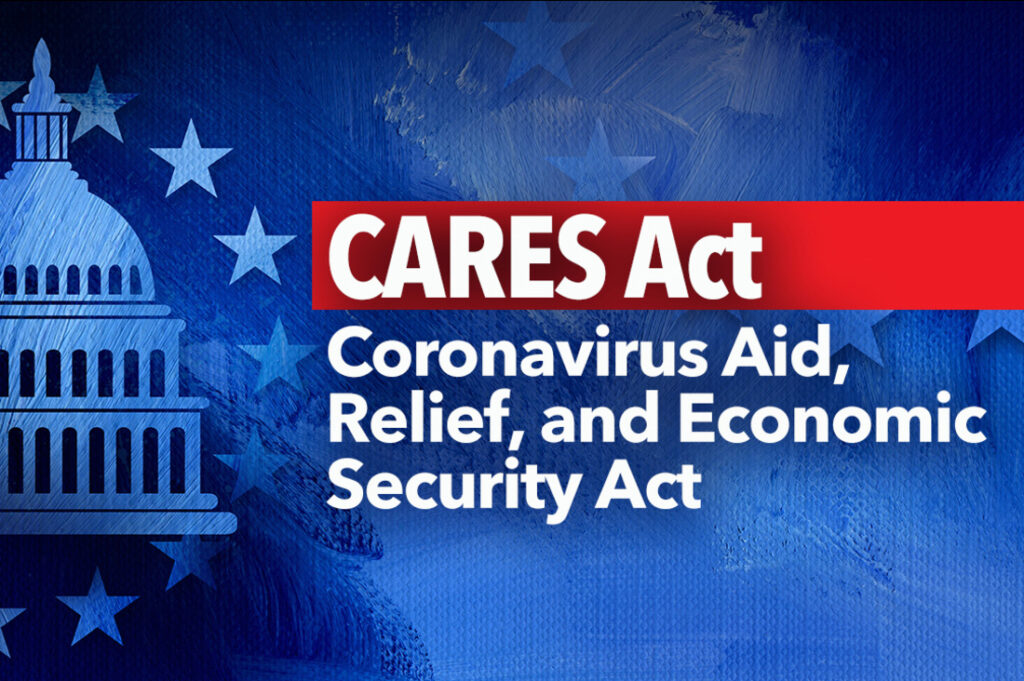
The Coronavirus Aid, Relief, and Economic Security Act, also known as the CARES Act, passed by Congress and signed into law on March 27, 2020 in response to the economic fallout of the COVID-19 pandemic in the United States provided a couple of changes that can benefit those making charitable donations in 2020.
For those taxpayers who do not itemize: The Act creates an “above the line” deduction of up to $300 for charitable contributions for taxpayers who do not itemize. This means that if you do not itemize your deductions, and therefore would normally lose the tax-deductibility of your donations, and your charitable donation will be tax-deductible on your 2020 tax return.
Strategy Note: If you do not itemize and are charitably inclined, make sure to take advantage of this up to the $300 limit.
For those taxpayers who do itemize: In normal years, the amount you can donate to charity, and be tax-deductible, is capped at 60% of Adjusted Gross Income (AGI). Under the CARES Act, there is no cap in the tax year 2020, and you can deduct charitable gifts up to 100% of AGI. By way of example, if your household AGI is $100,000, in normal years, you could claim a tax deduction for charitable donations of up to $60,000. This year your maximum charitable deduction would be $100,000. Please note that this does not apply to Donor Advised Funds.
Strategy Note: If you a) itemize your deductions, b) are charitably inclined, and c) want to super-size your charitable giving, then 2020 is a great year to do so.
This post is informational and educational in nature. It is not offering professional tax, legal, or accounting advice. For specific advice about the effect of any planning concept on your tax or financial situation or with your estate, please consult a qualified professional advisor.
